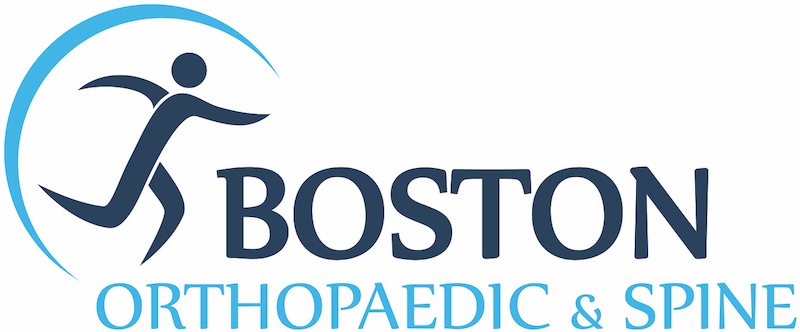Answering Important Common Questions About Torn Rotator Cuffs
How to make an informed decision about your care provider.
All blogs reviewed by Physicians for accuracy.
Understanding a Torn Rotator Cuff: Causes, Symptoms, and Treatment Options
Introduction:
A torn rotator cuff can be a painful and debilitating condition that affects the shoulder joint. In this article, we will provide you with a comprehensive overview of what a torn rotator cuff is, explore common causes, discuss its symptoms, and provide insights into the available treatment options. Let’s dive in!
What Is a Torn Rotator Cuff – A Quick Overview
The rotator cuff is a group of muscles and tendons that surround the shoulder joint, providing stability and allowing for a wide range of motion. A torn rotator cuff refers to damage or a tear in one or more of these tendons. Imagine the tendons as strong cables that attach the rotator cuff muscles to the bone. When one or more of these cables becomes damaged, it can result in pain, weakness, less mobility, and difficulty performing everyday activities.
How Do I End Up With a Torn Rotator Cuff?
A torn rotator cuff can occur due to various reasons, including acute injury or degenerative changes over time. Acute injuries, such as a fall, lifting heavy objects, or a sudden forceful motion, can cause an immediate tear in the tendons. On the other hand, degenerative changes can weaken the tendons over time, making them more susceptible to tearing even with routine activities or repetitive overhead motions.
How Do I Know If I Have a Torn Rotator Cuff?
Recognizing the symptoms of a torn rotator cuff is essential for early diagnosis and treatment. Common symptoms include persistent shoulder pain, especially when reaching or lifting objects, weakness in the shoulder, limited range of motion, and a popping or crackling sensation. If you are experiencing these symptoms, it’s crucial to consult with an orthopedic specialist specializing in shoulder conditions who can conduct a thorough examination and order imaging tests to confirm the diagnosis. This is one of our core specialties at Boston Orthopaedic and Spine.
What Do I Do If I Think I Have a Torn Rotator Cuff?
If you suspect you have a torn rotator cuff, seeking medical attention from a qualified orthopedic doctor is vital for an accurate diagnosis and appropriate treatment plan. While mild cases may respond to non-surgical approaches such as rest, physical therapy, and anti-inflammatory medications, more severe tears or cases that don’t improve with conservative measures may require surgical intervention. Surgical options typically include arthroscopic repair through small holes using a camera and microscopic instruments. Less commonly, open surgery may be needed.
A torn rotator cuff can significantly impact your shoulder function and quality of life. Rotator cuff tears actually get larger over time and become harder to fix. Left untreated, a rotator cuff tear can lead to degeneration of the joint over time. Early diagnosis, prompt treatment, and appropriate rehabilitation are crucial for achieving the best possible outcome. If you suspect a torn rotator cuff or any other shoulder-related condition, don’t hesitate to reach out to the experts at Boston Orthopaedic and Spine. Our experienced orthopedic team is dedicated to providing personalized care and guiding you on your journey to recovery. Remember, you don’t have to suffer in silence – help is available to restore your shoulder health and regain your mobility.
